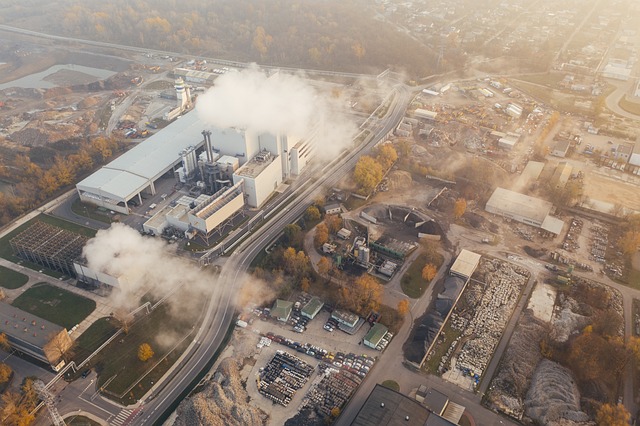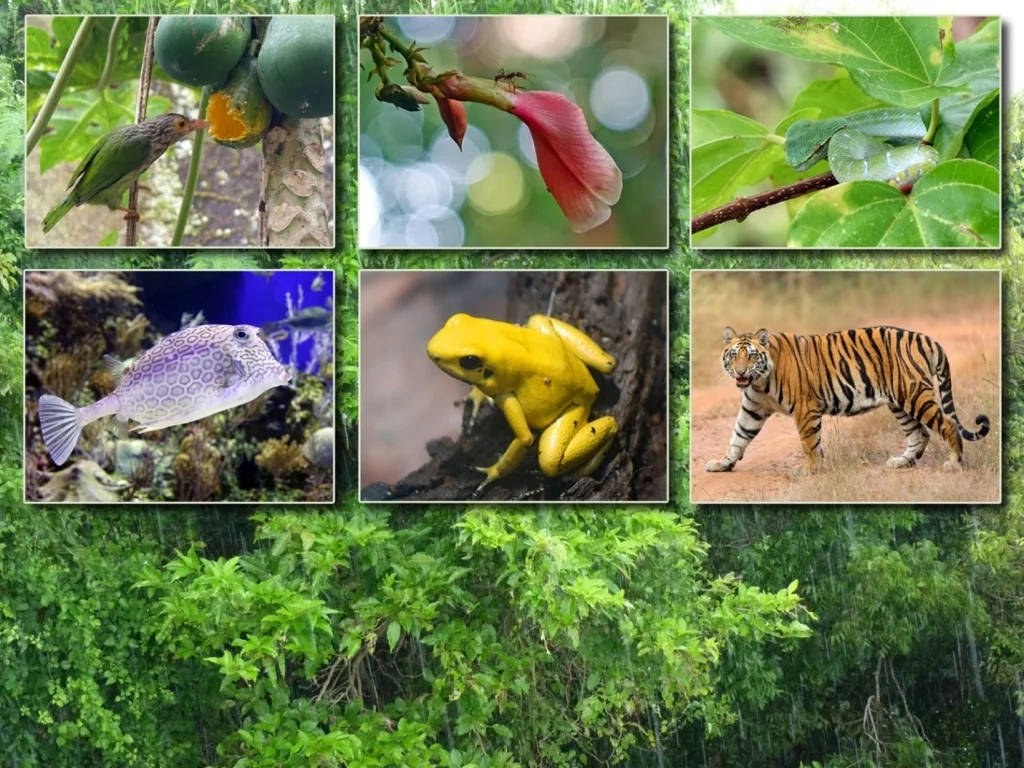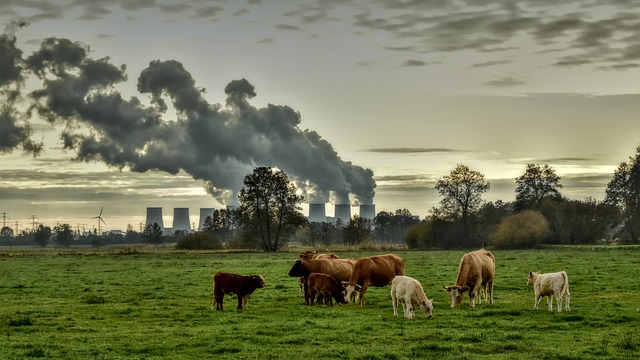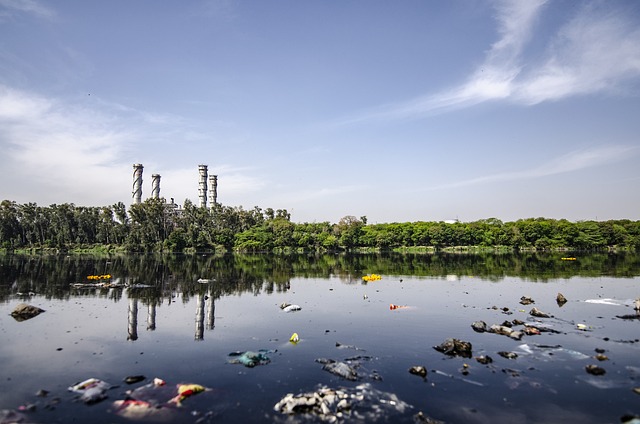Perils of Unbridled Exploitation: The Disadvantages of Indiscriminate Exploitation of Nature
Nature WorldWide February 10, 2024 0
In the race for progress and development, humanity has often overlooked the intricate balance that exists in nature. Global indiscriminate exploitation of natural resources is a widespread issue, causing ripple effects across ecosystems and disrupting the delicate balance of life on Earth. Balancing economic growth is vital, but it’s equally crucial to recognize and address the adverse impacts of our actions on nature. In this blog post, we will delve into the Disadvantages of Indiscriminate Exploitation of Nature and its detrimental effects on the environment.
Content:
- Biodiversity Loss
- Climate Change
- Depletion of Natural Resources
- Soil Erosion and Desertification
- Water Pollution
Biodiversity Loss:

One of the most significant drawbacks of indiscriminate exploitation is the loss of biodiversity. The relentless clearing of forests, overfishing, and habitat destruction lead to the extinction of numerous plant and animal species. Upsetting the balance, the extinction of one species can trigger a chain reaction, disrupting the entire ecosystem and threatening the survival of other species, including humans.
Read More: How can biodiversity conservation strategies be implemented?
Climate Change:

The wanton burning of fossil fuels and deforestation contribute to the escalating issue of climate change. The release of greenhouse gases, such as carbon dioxide and methane, intensifies the greenhouse effect, leading to global warming. Rising sea levels, extreme weather events, and disruptions in weather patterns are consequences of climate change, adversely affecting agricultural productivity and the overall stability of the planet’s climate.
Read More: Therapy in Nature: 8 Mental Health Benefits of Nature Exposure
Depletion of Natural Resources:

The earth’s resources are finite, and their reckless exploitation depletes them at an unsustainable rate. From minerals and water to fertile soil, the indiscriminate use of these resources jeopardizes the ability of future generations to meet their needs. Over-extraction of groundwater, for example, leads to land subsidence and threatens the availability of water for agriculture and human consumption.
Read More: 8 Transformative Ways to Infuse Positive Effects into Our Lives
Soil Erosion and Desertification:

Unregulated agricultural practices and deforestation contribute to soil erosion, depleting the fertile topsoil essential for plant growth. This degradation of soil quality, coupled with climate change, accelerates desertification – the transformation of arable land into desert-like conditions. Desertification poses a severe threat to food security, as it diminishes the land’s capacity to support agriculture.
Read More: 5 Elements of Nature and Their Relation With the Human Body
Water Pollution:

Industrial pollutants, agricultural runoff, and improper waste disposal contaminate water, endangering aquatic ecosystems and human health. The resulting extinction of aquatic species, loss of biodiversity, and compromised drinking water quality underscore the repercussions of uncontrolled exploitation of water resources.
Read More: How Does Nature Impact Our Wellbeing
Conclusion:
It’s crucial to acknowledge the serious consequences of unchecked exploitation of nature in our fast-changing world. Balancing economic growth with environmental sustainability is not just a responsibility but a necessity for our planet’s survival. By adopting resource management and global cooperation, we can reduce the negative impacts of our actions and establish harmonious co-existence with nature. It is important to act now for the well-being of future generations.




